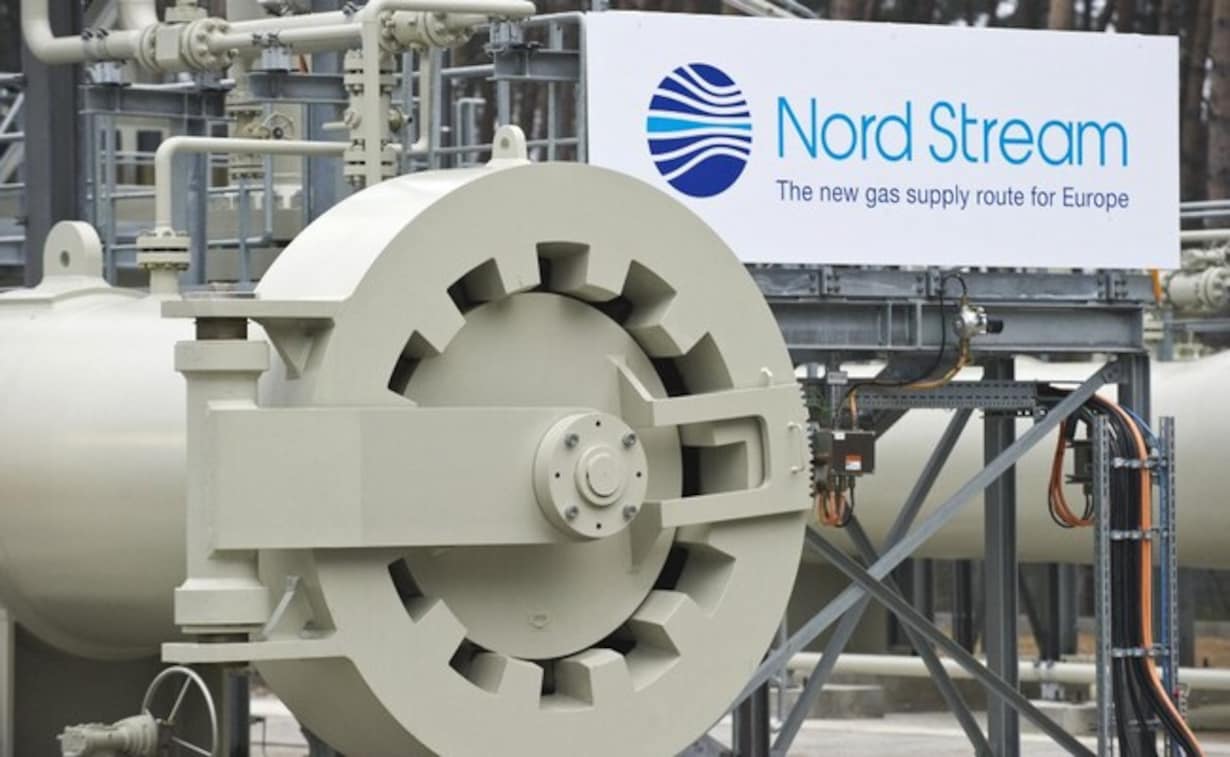European governments outlined new measures on Monday to cope with potential energy shortages this winter and raced to improve energy networks to share power, with Russian gas flows still running at severely reduced rates amid the Ukraine war.
Spain drew up plans that could force energy-intensive industries to shut at peak demand times, France said it was preparing to send gas to Germany from October, while Berlin said Europe's powerhouse was still in talks on state aid for ailing utility Uniper.
German buyers briefly reserved capacity on Monday to receive Russian gas via the Nord Stream 1 pipeline, once one of Europe's major gas supply routes, for the first time since the line was shut three weeks ago. But they soon dropped the requests.
It was not immediately clear why buyers had submitted requests for capacity when Russia has given no indication since it shut the line that it would restart any time soon.
Russia, which had supplied about 40% of the European Union's gas before its February invasion of Ukraine, has said it closed the pipeline because Western sanctions hindered operations. European politicians say that is a pretext and accuse Moscow of using energy as a weapon.
European gas prices have more than doubled from the start of the year amid a decline in Russian supplies.
But the sharp drop in Russian fuel exports, in retaliation for Western sanctions over Moscow's invasion of Ukraine, has left governments scrambling to find energy resources, but also to warn that power cuts could happen, amid fears of recession.
The German economy is contracting already and will likely get worse over the winter months as gas consumption is cut or rationed, the country's central bank said on Monday. It added that the economy was likely to shrink, even if outright rationing is avoided, as companies cut or halt production.
In France, exports of natural gas to Germany could start around Oct. 10, the head of France's CRE energy regulator said, following an announcement by President Emmanuel Macron that the two EU neighbours would help each other with electricity and gas flows amid the crisis.
"Gas was (until now) only flowing from Germany to France, so we did not have the technical tools to reverse the flows and we did not even have a method to regulate prices," CRE chief Emmanuelle Wargon told franceinfo radio










